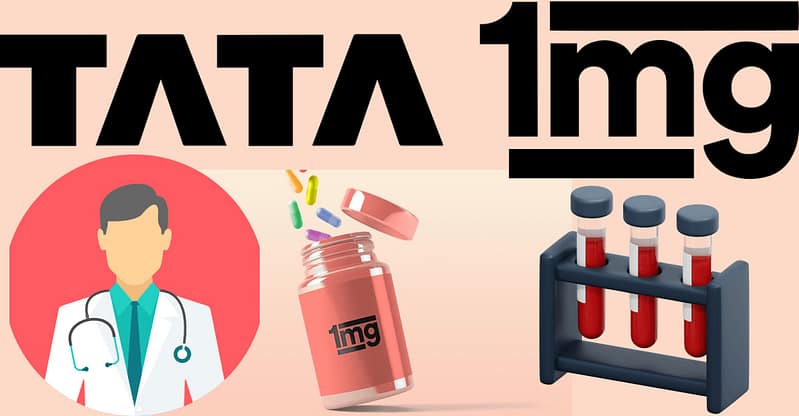Thousands of immigrant techies, including Indians, are living in the United States in uncertainty over their future under President Donald Trump’s stringent immigration policies. Major tech companies, including Google and Amazon, are reportedly asking their H-1B visa holder employee to not leave American soil out of concern they might not be allowed back in.
There are fears that denial rates for high-skilled visas could rise, as they did during President Trump’s first term in the White House, according to a report by The Washington Post. The report said the Trump administration’s efforts to end automatic citizenship for those born in the US are also making H-1B visa holders fear that their future children could be stateless.
America’s H-1B visa programme allows US employers to hire foreign workers in so-called specialty occupations. Every year, 65,000 such visas are issued through a lottery system. In recent years, Indians have received the highest number of H-1B visas, followed by Chinese and Canadian nationals.
Tech Industry’s Reliance on Immigrants
Silicon Valley’s immigrant tech community has long been seen as one of the key forces behind the US competitiveness in the technology sector. According to a 2018 study by think tank National Foundation for American Policy, more than half of US start-ups valued at more than $1 billion had an immigrant founder or co-founder. The executives of some of the biggest tech giants in the US are immigrants, including those of Microsoft, Google, Uber and chip giant Nvidia.
But under Trump’s immigration policies, the future of this community in the country is uncertain. Experts believe that reducing the immigrant workforce from the tech industry could hamper America’s ability to compete with China in the race to develop sophisticated technology like artificial intelligence.
“What we’re seeing right now is just a lot of worry and panic…It seems like [the administration is] just getting more and more momentum, and we don’t know what’s around the corner,” Malcolm Goeschl, principal attorney for Goeschl Law, a San Francisco-based firm focused on business immigration that serves clients in the tech industry, told The Washington Post.
Per the report, Amazon had the highest number of H-1B visas approved amongst all Big Tech firms in America, followed by Google, Meta, Microsoft and Apple. Tesla, whose billionaire CEO Elon Musk is a close aide of President Trump and is leading the administration’s efforts to cut federal spending, had 1,767 approved H1Bs in the fiscal year ending in September 2024. IT outsourcing companies like Infosys and Cognizant also account for a large portion of H1B applications.
H-1B Workers Worried
However, late last year, before Trump took the oath of office, law firms working for Google and Amazon warned the companies’ employees with visas to think twice before traveling abroad, out of concern they might not be allowed back into the U.S, according to The Washington Post report.
At least two H-1B visa holders told the publication that they had to cancel their travel plans to India amid fear of being denied re-entry to the US.
One Indian immigrant said his elder daughter was born a US citizen, but the future of his second child seems opaque as they may not get citizenship in either the US or India. “There’s an assumption that everybody who is not a US citizen might be here illegally,” they told the publication through an attorney.
The uncertainty has also created some practical challenges, as many immigrants are always carrying their documentation while in public. “When we’re walking around, we always carry our documents,” the other worker said through her attorney.
Immigration lawyers are also reporting anxieties among immigrants due to worries over unexpected changes to visa processes, which are negatively affecting their productivity.
“It definitely impacts their performance,” an HR representative of a tech firm in Silicon Valley told The Washington Post. “The threat is looming that some action will be taken against them.”
The HR representative added that the uncertainty is also adding to the cost of the company, as they have to pay for expediting the processing of some H-1B extensions to counteract delays related.
Uncertainty Over Visa and Green Cards
The issue of H1B visas has emerged as a bone of contention among Trump’s supporters. This was visible in December when the two sides argued on X over whether Trump should boost or suppress skilled immigration.
“The number of people who are super talented engineers AND super motivated in the USA is far too low…“If you want your TEAM to win the championship, you need to recruit top talent wherever they may be,” Elon Musk wrote on X on Christmas. He received pushback from some Republicans, including former presidential hopeful Nikki Haley, who said the country should invest in education to train more American-born tech workers.
So far, Trump has not said anything about ending the H1B program or other skilled visas; however, it was part of his agenda in his first term.
Meanwhile, the processing of Green Card requests, which is immigrants’ path to permanent residency, is also facing unprecedented delays. Even Aravind Srinivas, CEO of AI company Perplexity, that recently valued at $9 billion, said on social media that he has been waiting three years for a green card despite founding a company that employs hundreds.
“People mostly have no idea when they talk about immigration,” Srinivas posted on X.




















